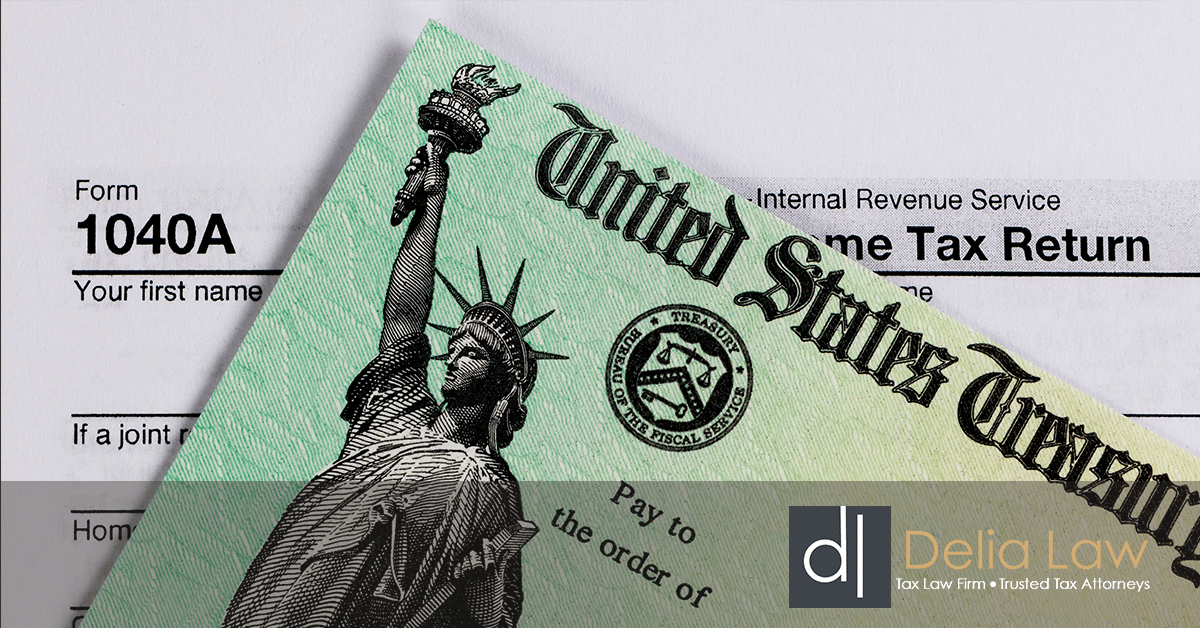IRS Audits in New York City
& Finding a IRS Audit Lawyer
The IRS (Internal Revenue Service) is the government’s official agency for enforcing US tax laws and collecting taxes. An IRS audit reviews an individual’s or a business’s financial records to ensure that the information reported on their tax returns is accurate and complete. The IRS can choose to audit a tax return for various reasons, such as random selection, high income, large deductions, or discrepancies found during previous audits.
An audit can be stressful and time-consuming, but it is vital to understand your rights and responsibilities as a taxpayer in New York. If you are selected for a formal audit, you will receive a notice from the IRS, either by mail or email, indicating the reason for the audit and the documentation required to support your tax returns. It is advised to immediately seek the help of a local New York City tax professional, such as a tax attorney, to guide you through the audit process.
Audits Can Be in Person or by Mail
When selected for an audit, you may be required to attend an in-person meeting at the IRS office, or the audit may be conducted by mail. The type of audit you receive will depend on the specific issues being examined and the documentation required to support your tax returns. Some common types of audits include correspondence audits, office audits, and field audits.
A correspondence audit is the simplest type of audit, and it is conducted by mail. The IRS will send you a letter requesting additional information or clarification on certain items reported on your tax return. In addition, you will be asked to provide documentation to support your claims, such as receipts, invoices, or bank statements. If you respond promptly and accurately to the letter, the audit may be resolved without further action.
An office audit is a more comprehensive review of your tax returns, and it is conducted at an IRS office. During the office audit, you will be asked to bring the required documentation and meet with the auditor. The auditor will examine your records and ask you questions about the information reported on your tax return. The audit may take several hours or several days, depending on the complexity of the issues being examined.
A field audit is the most extensive type of audit, and it is conducted at your place of business or residence in New York City. During the field audit, the auditor will examine your records in detail and may ask to see your financial statements, bank records, and other documentation. The audit may take several days or weeks, depending on the scope of the examination.
Preparation and Cooperation Are Key
Regardless of the type of audit you receive, be prepared and cooperate with the auditor. You should promptly provide the requested documentation and be honest and accurate in your responses to the auditor’s questions. If you disagree with the auditor’s findings, you can appeal the decision, and you may wish to seek the help of a tax professional to assist you with the appeal process.
An audit does not necessarily mean that you have done something wrong. The IRS may simply be seeking clarification on certain items or verifying the accuracy of the information reported on your tax returns. However, it is crucial to be prepared and to provide the necessary documentation to support your claims. In addition, an audit can result in changes to your tax returns, which may result in additional taxes, penalties, or interest owed to the government.
In some cases, an audit can also lead to a criminal investigation if the IRS suspects that the taxpayer has committed tax fraud or evasion. In these situations, it is imperative to seek the help of a tax attorney, as the consequences of a criminal conviction can be severe, including fines, imprisonment, and loss of professional licenses.
Delia Law Can Help With IRS Audits in New York City, NY
At Delia Law, we specialize in tax law and resolution services in New York City, New York. As experienced tax attorneys and enrolled agents, we understand the stress and complexities of undergoing an IRS audit. That’s why we offer comprehensive assistance to individuals and businesses facing this situation.
Why You Should Always Consider Hiring a Tax Lawyer
We work with our clients to ensure that they have all the necessary documentation to support their tax returns, and we represent them during the audit process to protect their rights. Whether our clients are facing a correspondence audit, an office audit, or a field audit, we are here to help them navigate the IRS audit process confidently.
If the audit results in changes to their tax returns, we can assist our clients with the appeals process, negotiate a payment plan with the IRS, or help resolve any other tax issues that may arise. Our goal is to provide personalized and practical solutions to our client’s tax problems.
If you are facing an IRS audit in New York City, New York, let us help. We can answer your questions and provide the support and guidance you need to resolve your tax issues. Contact us today to schedule a consultation.
New York-Specific Tax Laws

New York residents are required to pay taxes on income that was earned as well as for federal taxes. In fact, some people who don’t even live in New York must pay state taxes. If you lived elsewhere but acquired the money through a source in New York, you must pay state taxes on that income.
There are four main types of taxes in New York:
- State income tax. New York State has a graduated income state tax, which means your tax rate increases as your income increases. The state’s tax rates range from 4% to 10.90%. For example, if you make under $8,500 annually, you will only be subjected to a 4% tax rate. However, if you make $25,000,001 and over, you are now facing the higher end of the state’s tax bracket at 10.90%.
- Local tax. The local tax is a county-specific tax, and the rates also differ based on income. For example, in Tompkins County, the local tax rate is 4%. In contrast, in Suffolk County, the rate is 4.25%. The variation in local tax rates can make a significant difference in the overall amount of taxes you owe.
- City tax. City taxes are only applicable to those who live or have earned money in New York City. This applies to individuals, trusts, estates, partnerships, S-corporations, and corporations. The city tax rate is 3.078%, 3.762%, 3,819%, and 3.876% depending on the bracket your income qualifies for.
- Corporate tax. If you are a business owner, you are also required to pay corporate income tax. The tax rate on your corporate income ranges from 6.50% to 7.25%. These taxes generated from businesses is one of the main sources of revenue for the state of New York, and it helps to fund many of the state’s programs and services that benefit its residents.





